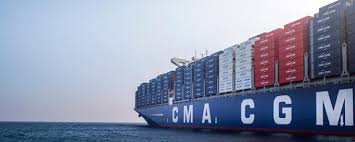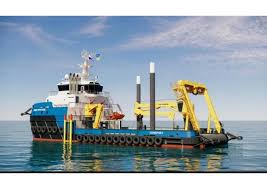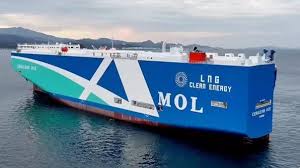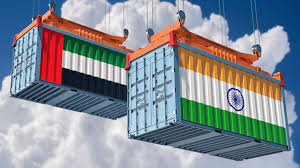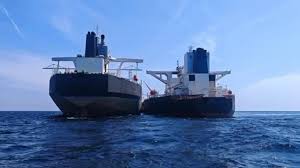The Public Investment Board greenlights the construction of a cutting-edge deep water port at Vadhavan, near Dahanu in Maharashtra’s Palghar district, with an estimated cost of INR 76,220 crores.
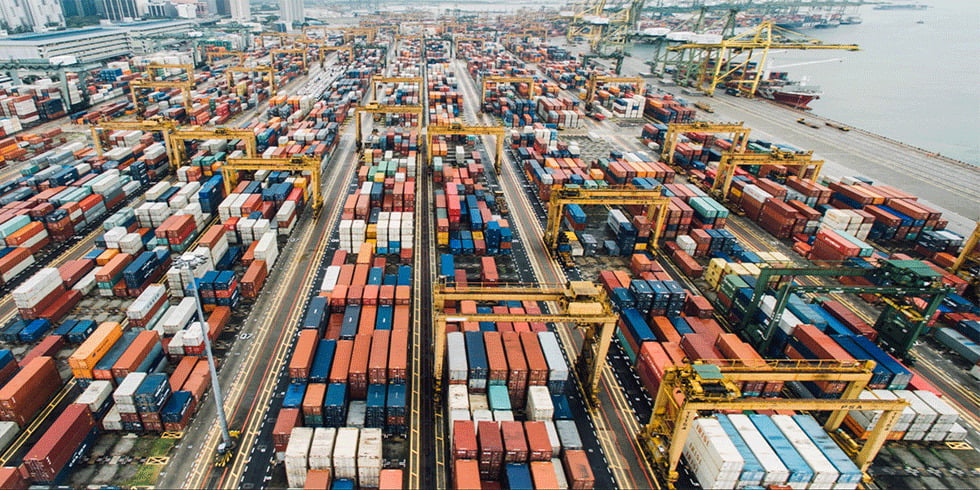
The Public Investment Board, chaired by T V Somanathan, Finance and Expenditure Secretary of the Finance Ministry, has given the nod for the construction of a state-of-the-art deep water port at Vadhavan in Maharashtra’s Palghar district. The estimated cost for this monumental project is INR 76,220 crores. Following the board’s approval, the mega port initiative has been put forth to the Union Cabinet for its final sanction, as disclosed by various government sources.
In a parallel development, the Ministry of Environment, Forest and Climate Change granted environmental and coastal regulation zone clearance for the project on Friday. This clearance aligns with the recommendations put forth by the Expert Appraisal Committee.
Once the Union Cabinet provides the final investment clearance, the Jawaharlal Nehru Port Authority (JNPA) is poised to initiate the tendering process for the engineering, procurement, and construction (EPC) contract within the next 15 days, according to port officials.
The Vadhavan Port, with a capacity of 298 million tonnes (mt) annually, will stand as India’s 13th major port, owned by the Union Government. Notably, it will be the first major port developed in collaboration with a state government, Maharashtra. The project, executed by Vadhvan Port Project, a joint venture with Jawaharlal Nehru Port Authority holding a 74 percent stake and Maharashtra Maritime Board with a 26 percent equity share, will unfold in two phases under the landlord model, adhering to government policies.
This groundbreaking initiative signifies the first major port construction in over two decades, with the last being Kamarajar Port in Tamil Nadu, commencing operations in February 2001. The Vadhavan Port is designed to handle 24.5 million twenty-foot equivalent units (TEUs) annually, surpassing other Indian ports due to natural limitations. The deep-water port will accommodate container ships with a capacity exceeding 24,000 TEUs, setting a new benchmark for maritime capabilities in the region.






